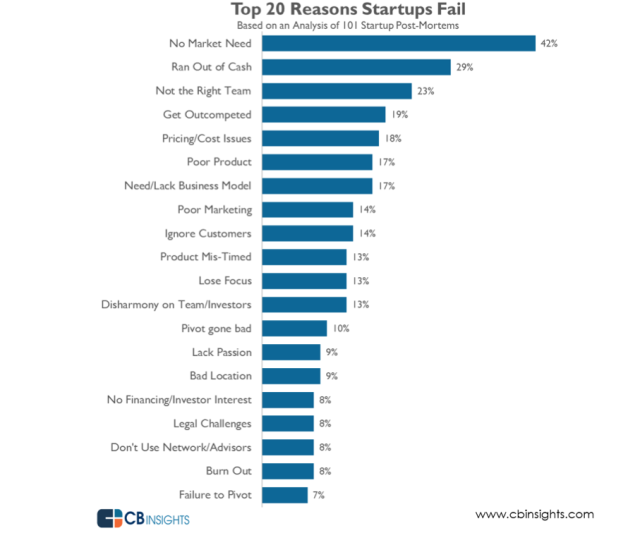By Preeti Kumari
Budget is the policy plan made every financial year, to be implemented. It can be called as the fuel put to run India’s growth story. We all remember 2014 elections and the majestic way in which present government came into power. What was the main catch of the whole electoral process- from campaign to voting? For me it was the conviction to bring change, to implement new reforms.
So, now when this government is going to present its 3rd budget, we bring in few ideas that can be worked upon (for the sake of us – the ‘innocent” children).
Government as the “angel” investors:
We had a big event “Startup India” organized to boost the growing entrepreneurial environment in the country. Great effort! Tax holidays, tax exemptions and many such policies made their way in the event along with a very motivational speech by Prime Minister Modi. But I wonder if we really want to make a revolutionary change, will this be enough? Don’t we need something more (think hard)? Then, how about government investing in the startups?
Yes, this might seem impossible for the government to invest in “n-number” of startups shooting every day. But don’t worry as this is not what we expect.
There is a need to formulate a policy that helps in filtering the best from the league. Then the government can make an initial investment in the startups in the exchange of a treaty that these companies will push forward the cause of various social schemes (like Swachh Bharat Abhiyan; Beti Bachao, Beti Padhao).
This can be like government investing in the social sector startups. The money (some share) used by MUDRA bank in giving out loans can be diverted for investing in potential ideas. Also, the 10,000 crore fund allotted for startups need to be released and can be used for this.
The major problem for startups is funding and it can be solved to a large extent by this. Now, to you this must look similar to “public-private partnership” but let me point out a basic difference in what we are suggesting. PPP involves government to be a long term/full term partner but here they can play the role of angel investors. A two-way pact can be formed through this. The startups will get their (most critical) initial investment and the government will not be required to hire a task force to run their programs.
Example- A startup is being formed for making dustbins with free wifi for some time. You use the dustbin and get free wifi.
This has many advantages-
- Social entrepreneurship-This step by the government – investing in startups with high social value – will promote social entrepreneurship.
- This can also be used to promote women entrepreneurship.
- It will help in value creation by creating an ecosystem in the country that promotes growth and job creation in turn helping the government.
- It will also increase their tax base as a greater economic activity is profitable for both citizens and the government.
- And the most advantageous thing is that it will reduce the workload from government’s hand (this would definitely *mitigate* the risk of trusting the politicians). As the government will help in creating social platforms that work for the social schemes. The burden of running schemes will be shared by both.
Undeniably, it is a risky venture for the government. But if they manage their finances well this can be possible. They need to reduce the leakage from the system in the form of unwanted subsidies, ill-structured programs, and corruption (the most tedious task for politicians- to keep their hands off the money).
It’s time we actually start walking towards making India self-reliant in substantial steps.
To many I must be talking gibberish. But the government can viably consider sharing the risk. When the crises happen, the big billionaires are bailed out by the government through fundraiser events- “income tax collection”. It is done to maintain the value creation by these companies. Similarly, at this point in time, making the youth of the country self-reliable is one of the needs of the hour.
So, now the ball is in government’s court and we can hope (the only thing we poor people can do) that they will be able to make some change.
Image Credits: Google




































